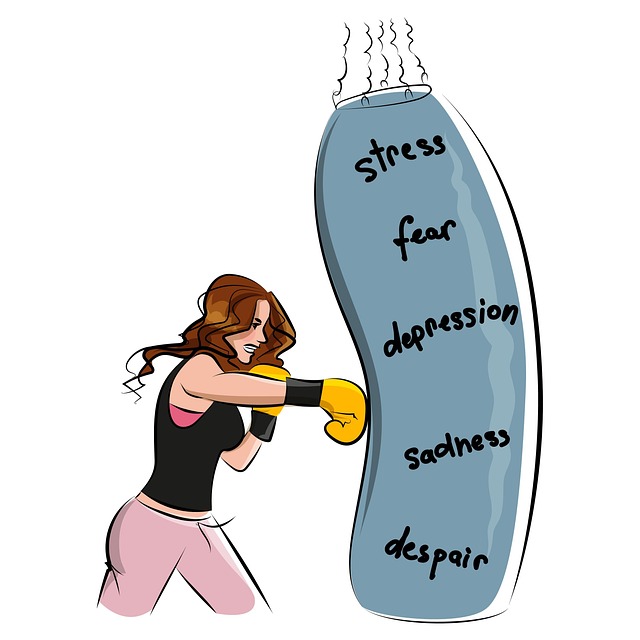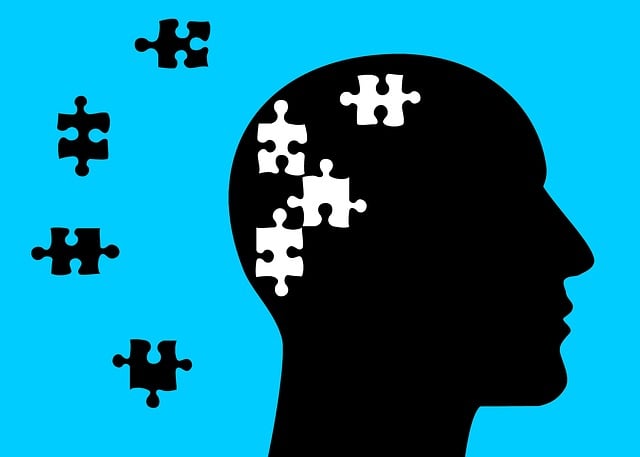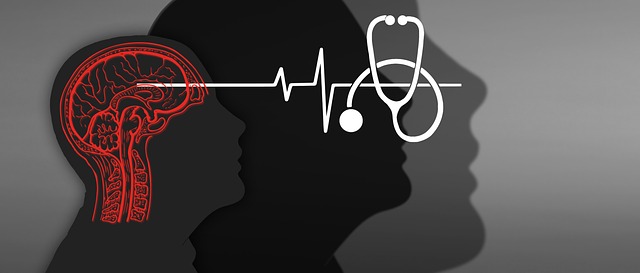Therapy for adults with mental health conditions utilizes evidence-based methods like CBT and DBT, focusing on coping strategies, self-awareness, and symptom management. Social Skills Training (SST) is a key component, empowering therapists-clinicians to facilitate self-improvement through exercises enhancing emotional regulation, inner strength, and social interactions. Building strong social support networks, coupled with crisis intervention and culturally sensitive care, contributes to improved well-being and resilience in diverse settings.
Social skills training is a powerful tool in the therapeutic arsenal, offering comprehensive support for adults with mental health conditions. This article delves into the importance of this approach, exploring how it enhances social interactions and overall well-being. We examine the specific role of therapy for adults, empowering therapists and clinicians with effective techniques. Furthermore, we discuss building robust social support networks as a collaborative effort, ensuring individuals receive the necessary care in today’s digital era.
- Understanding Social Skills Training: A Comprehensive Approach
- The Role of Therapy for Adults with Mental Health Conditions
- Empowering Therapists and Clinicians: Techniques and Strategies
- Enhancing Social Support Networks: A Collaborative Effort
Understanding Social Skills Training: A Comprehensive Approach

Social Skills Training (SST) is a comprehensive approach to therapy that focuses on enhancing interpersonal interactions and communication for individuals with mental health conditions. This evidence-based method goes beyond traditional talk therapy by equipping clients with practical strategies to navigate social situations, build relationships, and manage emotional responses in diverse settings. SST is tailored to meet the unique needs of adults seeking better coping mechanisms and improved quality of life through therapy for adults.
Designed to complement other therapeutic interventions like Mindfulness Meditation and Anxiety Relief programs, SST empowers therapists-clinicians to address a holistic range of mental health concerns. By incorporating elements of Mental Health Education into the training process, individuals gain insights into their social challenges, learn effective communication techniques, and develop strategies to de-escalate conflicts or avoidant behaviors. This multi-faceted approach ensures that clients not only improve in their social interactions but also foster a sense of self-awareness, confidence, and emotional resilience.
The Role of Therapy for Adults with Mental Health Conditions

For adults living with mental health conditions, therapy serves as a cornerstone in their journey towards recovery and improved quality of life. Adult therapy for mental health is tailored to address unique challenges and complex emotions that come with conditions such as depression, anxiety disorders, bipolar disorder, and more. Professional therapists-clinicians employ evidence-based approaches like cognitive behavioural therapy (CBT), dialectical behaviour therapy (DBT), or psychodynamic therapy to help individuals develop coping strategies, enhance self-awareness, and manage symptoms effectively.
Effective therapy for adults goes beyond treating specific disorders; it equips them with essential life skills, fosters resilience, and promotes better interpersonal relationships. This process is crucial in preventing burnout, a common issue among those managing mental health conditions. Moreover, therapists play a vital role in providing crisis intervention guidance, ensuring clients feel supported during periods of heightened distress. Cultural sensitivity in mental healthcare practice is also paramount, allowing therapists to tailor their approach to respect and embrace diverse backgrounds, thereby enhancing the overall therapeutic experience.
Empowering Therapists and Clinicians: Techniques and Strategies

Social skills training plays a pivotal role in mental health conditions, especially for adults, as it empowers therapists and clinicians to effectively support their clients. By incorporating techniques that foster self-awareness exercises, therapists can help individuals gain insights into their behaviors and triggers, facilitating better emotional regulation. This enhanced self-awareness is a cornerstone of therapy for adults, enabling them to navigate social interactions with more confidence.
Additionally, strategies focused on inner strength development and self-esteem improvement are invaluable tools in the therapist’s arsenal. These approaches not only strengthen an individual’s resilience but also encourage positive self-perception. Through structured activities and mindful discussions, therapists can guide clients towards building a stronger sense of self, which is crucial for managing mental health conditions and enhancing their overall well-being.
Enhancing Social Support Networks: A Collaborative Effort

Building and strengthening social support networks is a collaborative effort that plays a pivotal role in the therapeutic journey. For individuals managing mental health conditions, having a robust network can significantly enhance their emotional healing processes and overall well-being. Therapy for adults often integrates strategies to foster meaningful connections, ensuring clients feel understood and supported outside of clinical settings.
Therapists and clinicians are instrumental in guiding patients towards developing coping mechanisms that facilitate healthy relationships. Through group therapy sessions or individual counselling, professionals equip individuals with empathy building strategies and effective communication skills. Additionally, risk management planning for mental health professionals is essential to ensure they can navigate complex interpersonal dynamics, providing a safe and supportive environment for emotional healing processes to unfold.
Social skills training is a powerful tool in the therapeutic arsenal, offering adults with mental health conditions an opportunity to navigate social interactions more effectively. By combining therapy with structured learning, this approach empowers individuals to build and maintain meaningful relationships. For therapists and clinicians, understanding and implementing these techniques can significantly enhance treatment outcomes, fostering an environment where clients feel supported and equipped to manage their mental well-being in a socially integrated manner.








